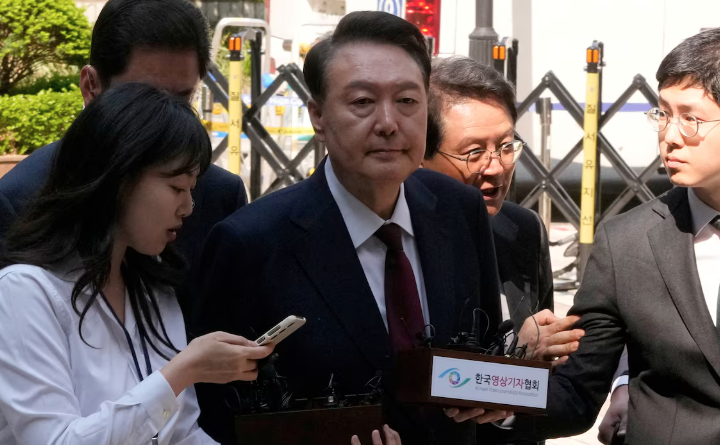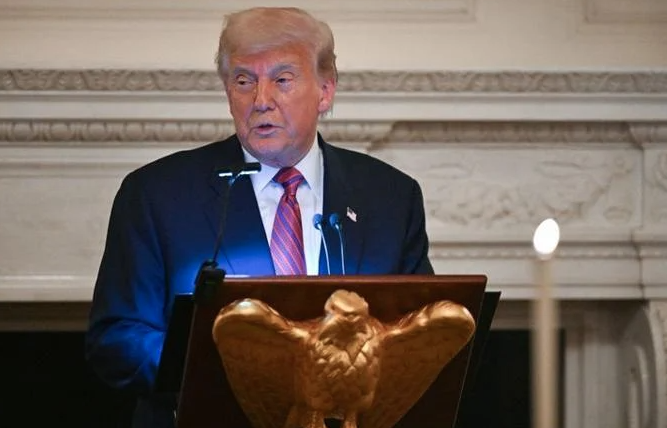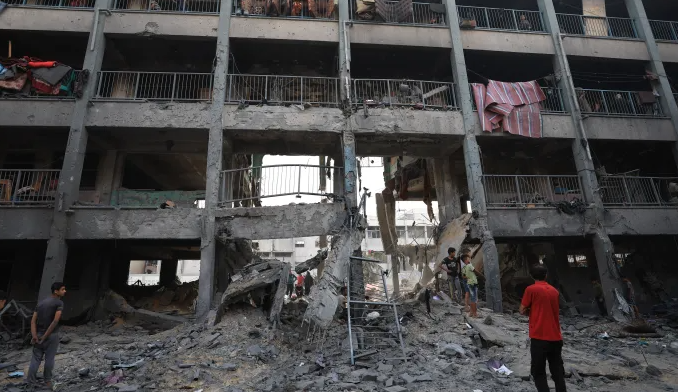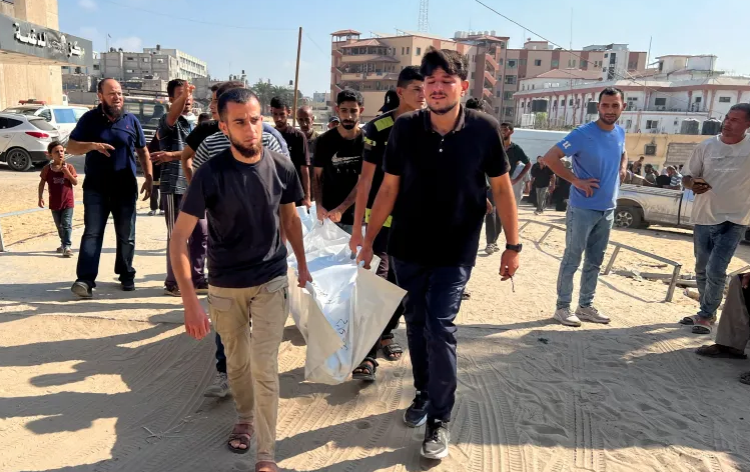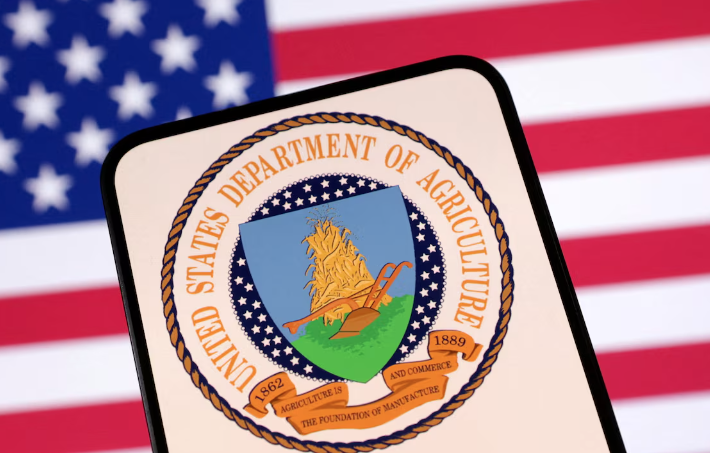WORLD NEWS
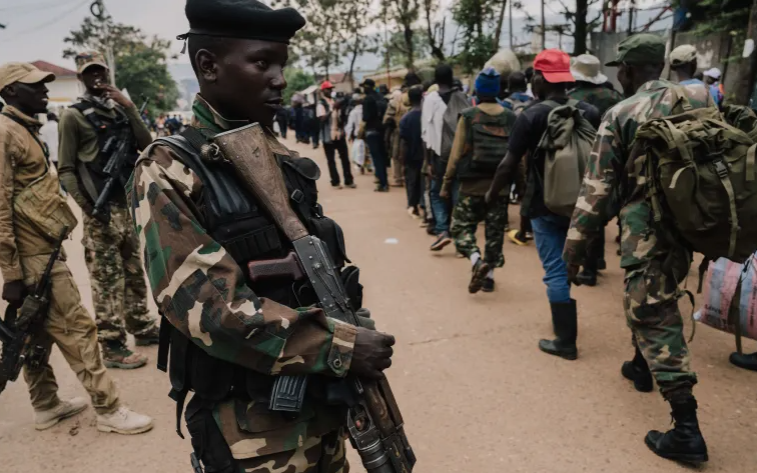
In a landmark move aimed at ending one of Africa’s most protracted and deadly conflicts, the Democratic Republic of the Congo (DRC) and the Rwanda-backed M23 rebel group signed a declaration of principles in Doha, Qatar, on Saturday. The agreement sets the stage for formal peace talks, scheduled to begin no later than August 8.
The declaration was brokered with support from Qatari mediation, following a surprise meeting earlier this year between DRC President Félix Tshisekedi and Rwandan President Paul Kagame, also held in Doha. That meeting called for an “immediate and unconditional” ceasefire and laid the groundwork for direct engagement with M23—a group the Congolese government had previously labeled a terrorist organization.
Heavy fighting between Congolese forces and the M23 rebels had intensified following the group’s deadly January offensive and temporary capture of key cities in eastern DRC. Thousands have been killed and hundreds of thousands displaced amid the violence, which has roots in the aftermath of the 1994 Rwandan genocide. M23 is primarily composed of ethnic Tutsi fighters.
Al Jazeera’s Alain Uaykani, reporting from Goma, called the declaration a “significant development,” noting that it comes after months of instability and bloodshed on the ground. Uaykani added that M23 emphasized the need for mutual trust and open dialogue to resolve the conflict’s deep-rooted causes.
The African Union (AU) welcomed the deal, calling it a “major milestone” in the effort to secure lasting peace and stability in the volatile Great Lakes region. AU chairperson Mahmoud Ali Youssouf praised the declaration’s potential to reshape regional dynamics.
The peace declaration outlines the restoration of state authority across all Congolese territories but remains vague on specifics, including whether Rwandan troops and M23 rebels will withdraw from eastern DRC. Congolese government spokesperson Patrick Muyaya stressed on social media that the agreement respects national "red lines," including the "non-negotiable" withdrawal of M23.
Meanwhile, the United States has played a parallel diplomatic role, hosting DRC-Rwanda talks in June. On June 27, the foreign ministers of both nations signed a peace framework at the White House, where former President Donald Trump issued a stern warning of “severe penalties” for violations of the deal. The Trump-led mediation team dubbed the broader diplomatic initiative the “Washington Accord.”
The new declaration, signed in Qatar, gives both parties until August 18 to finalize a comprehensive peace agreement.
While the signing is seen as a breakthrough, challenges remain. Questions about accountability, disarmament, the role of foreign forces, and guarantees for displaced populations still hang in the balance.
Nonetheless, the latest developments offer a glimmer of hope for millions affected by decades of war in eastern Congo—one of the world’s longest-running and deadliest conflicts.
